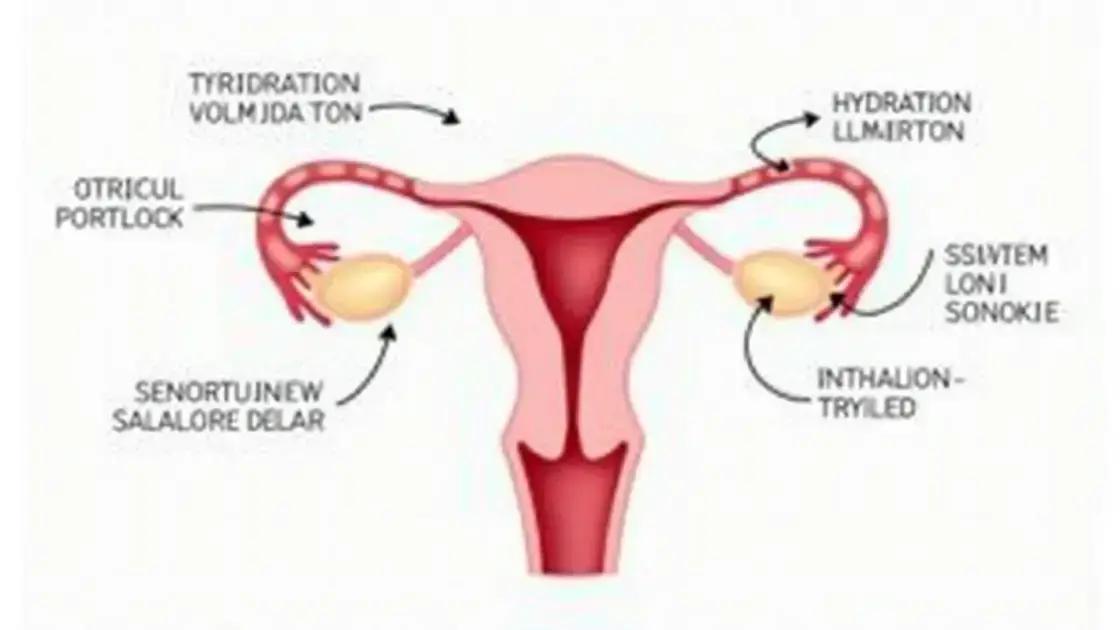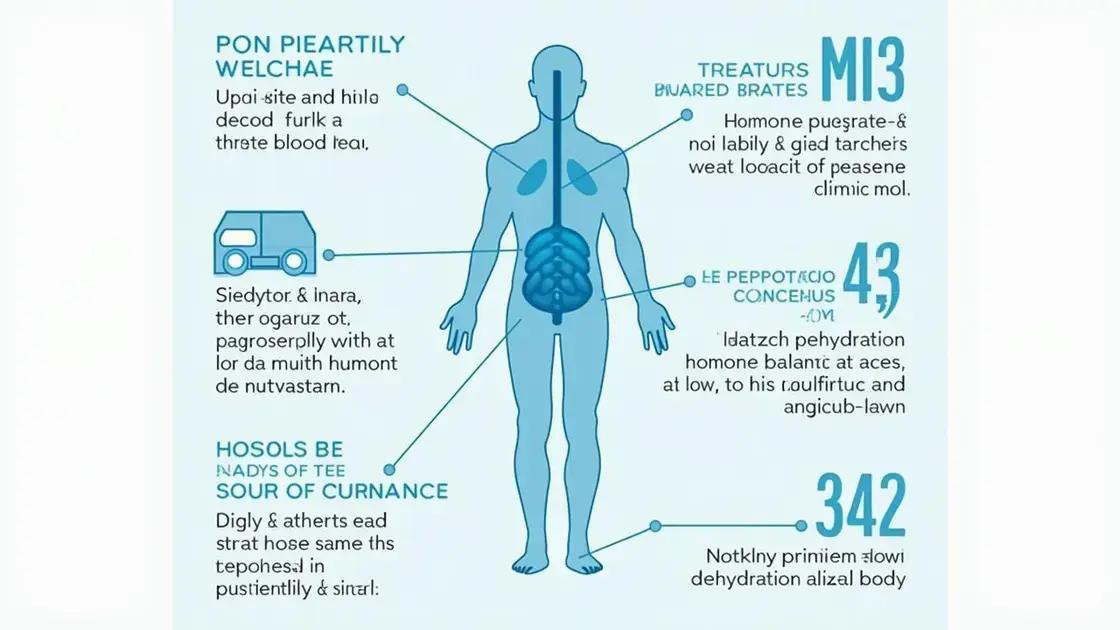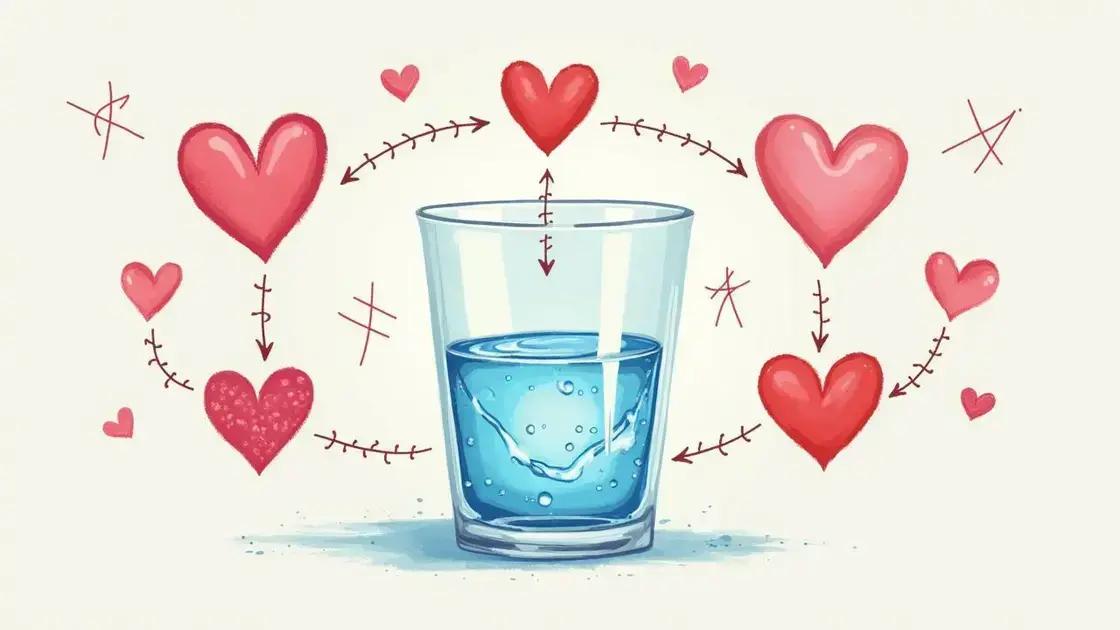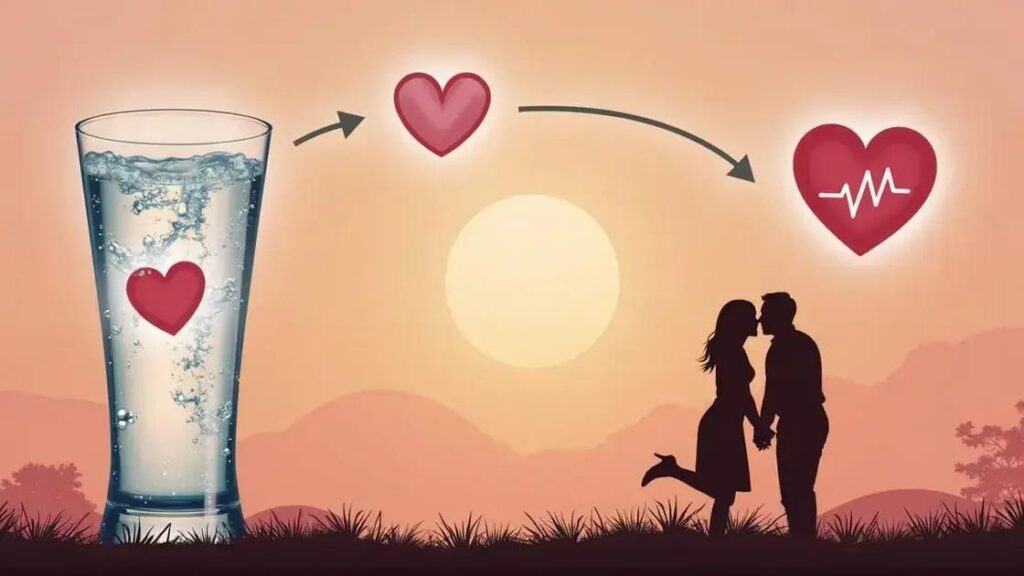Erectile dysfunction can be caused by dehydration, as it negatively impacts blood flow, hormone balance, and nerve function. Staying properly hydrated is essential for sexual health, with recommendations to drink adequate water, eat water-rich foods, and consult a doctor if symptoms persist.
Erectile dysfunction (ED) can be influenced by various factors, and one might be dehydration. Understanding how hydration impacts body functions is crucial for sexual health. In this article, we will delve into the relationship between dehydration and erectile dysfunction, busting myths and providing essential tips for maintaining optimal hydration levels. Learn more about how keeping hydrated can enhance your sexual wellness.
Understanding Erectile Dysfunction

Erectile dysfunction (ED) is a condition that affects many men worldwide. It is defined as the inability to achieve or maintain an erection suitable for satisfactory sexual performance. Understanding this issue is vital, as it can impact self-esteem, relationships, and overall quality of life.
Common Causes of Erectile Dysfunction
ED can be caused by various factors. Physical causes include cardiovascular disease, diabetes, high blood pressure, and hormonal imbalances. On the other hand, psychological factors such as stress, anxiety, and depression can also play a significant role. In some cases, a combination of both physical and psychological factors may contribute to this condition.
The Role of Blood Flow
For an erection to occur, increased blood flow to the penis is essential. This process involves a series of complex physiological events, beginning with stimulation of the nerves. If there are issues with blood vessels or nerve signals, it can hinder the body’s ability to achieve and maintain an erection.
Impact of Dehydration
Dehydration can affect blood volume and circulation, leading to difficulties in achieving an erection. It is crucial to stay properly hydrated, as even mild dehydration can impair physical performance and negatively impact sexual health.
Addressing Erectile Dysfunction
If you notice difficulties in achieving erections, it is essential to speak to a healthcare provider. They can help identify the underlying causes and recommend appropriate treatments, which may include lifestyle changes, therapy, or medication.
How Dehydration Affects the Body

Dehydration occurs when your body loses more fluids than it takes in. It can significantly affect various body functions. When you don’t drink enough water, your body begins to feel the effects.
Impact on Physical Performance
Water is crucial for maintaining physical performance. Even a small decrease in hydration levels can lead to fatigue, decreased coordination, and muscle cramps. This can hinder your ability to engage in physical activities, including sexual performance.
Effects on Circulation
Dehydration can lead to lower blood volume. When blood volume decreases, circulation may suffer. Since good circulation is necessary for achieving an erection, dehydration can lead to difficulties in this area.
Impact on Body Temperature
Water helps regulate body temperature. When dehydrated, your body struggles to cool down during physical activity, which can lead to overheating and hinder overall performance, including sexual activity.
Hormonal Balance
Dehydration can affect hormone levels in the body. Hormones play a vital role in sexual function, and imbalances may contribute to issues such as erectile dysfunction.
Kidney Function
The kidneys filter waste from the blood. When dehydrated, their function can be compromised. Poor kidney function can lead to toxicity in the body and may contribute to overall health issues, including sexual health.
Connection Between Hydration and Sexual Health

Hydration plays a vital role in maintaining sexual health. Water is essential for various body functions, including sexual arousal and performance. When the body is properly hydrated, blood circulation improves, which is crucial for achieving and maintaining an erection.
Blood Flow and Erection Quality
Good hydration supports healthy blood flow. When dehydrated, blood volume decreases, leading to sluggish circulation. This can result in difficulty achieving or maintaining an erection and can also affect sexual arousal.
Nerve Function
Water is vital for nerve function. Dehydration can impair the nervous system, leading to reduced sensitivity and arousal. When nerves do not function properly, sexual pleasure may decrease, impacting overall sexual health.
Hormonal Regulation
Hydration affects hormone levels in the body. Hormones such as testosterone are crucial in regulating libido and sexual function. Staying well-hydrated helps maintain hormonal balance, which supports a healthy sex drive.
Physical Performance and Stamina
Proper hydration can enhance physical performance and stamina. Engaging in sexual activity requires energy and endurance. Dehydration can lead to fatigue and reduce overall sexual performance and satisfaction.
Mental Well-being
Hydration is also linked to mental health. Dehydration can cause fatigue, anxiety, and mood swings. A stable mood is important for a healthy sex life, as psychological factors significantly impact sexual health.
Tips for Maintaining Proper Hydration

Maintaining proper hydration is essential for overall health and can significantly impact sexual wellness. Here are some effective tips to ensure you stay adequately hydrated:
1. Drink Plenty of Water
Make it a habit to drink water throughout the day. Aim for at least eight 8-ounce glasses daily, but you may need more if you are active or live in a hot climate.
2. Eat Water-Rich Foods
Include fruits and vegetables that have high water content in your diet. Foods like cucumbers, watermelon, oranges, and strawberries not only hydrate but also add essential vitamins and minerals.
3. Set Reminders
Use your phone or a reminder app to help you remember to drink water regularly. Setting alerts can be an effective way to establish a consistent hydration routine.
4. Carry a Water Bottle
Keep a reusable water bottle with you at all times. Having water readily available makes it easier to sip throughout the day, especially during work or exercise.
5. Limit Dehydrating Drinks
Be mindful of beverages that can lead to dehydration, such as those containing caffeine or alcohol. Try to balance these drinks with additional water intake.
When to Consult a Doctor

Knowing when to consult a doctor about erectile dysfunction is important for your health. If you experience ongoing difficulties, consider the following situations:
1. Persistent Difficulties
If you regularly have trouble achieving or maintaining an erection, it is crucial to seek medical advice. This could indicate an underlying condition that needs attention.
2. Changes in Sexual Desire
A noticeable drop in your sex drive can warrant a discussion with a doctor. Changes in libido can be linked to hormonal imbalances or psychological factors.
3. Side Effects from Medication
If you notice ED after starting a new medication, inform your doctor. Some medications can contribute to erectile dysfunction, and alternatives may be available.
4. Medical Conditions
If you have existing health issues, such as diabetes or heart disease, consult your doctor if you experience ED. These conditions can affect sexual health and may require integrated treatment plans.
5. Emotional or Psychological Concerns
If anxiety, depression, or stress affect your sexual performance, talking to a healthcare professional can provide support. They can guide you to appropriate therapies and resources.
In Conclusion: Understanding the Link Between Dehydration and Erectile Dysfunction
Dehydration can significantly impact various aspects of health, including sexual function. As we have explored, it is essential to maintain proper hydration to support optimal blood flow, hormone balance, and nerve function.
If you experience symptoms of erectile dysfunction, considering hydration as a factor in your overall health may be beneficial. Implementing simple hydration tips and consulting with a doctor when necessary can help address these challenges effectively.
By prioritizing hydration and seeking professional advice when needed, you can enhance not only your sexual health but also your overall well-being.
FAQ – Frequently Asked Questions about Erectile Dysfunction and Dehydration
Can dehydration really cause erectile dysfunction?
Yes, dehydration can affect blood flow and hormone balance, both of which are essential for healthy sexual function.
How much water should I drink daily to stay hydrated?
It’s generally recommended to drink at least eight 8-ounce glasses of water a day, but individual needs may vary based on activity level and climate.
What are the signs that I might be dehydrated?
Signs of dehydration can include dry mouth, fatigue, dizziness, and decreased urine output, among others.
What types of foods can help with hydration?
Foods with high water content, such as cucumbers, watermelon, and oranges, can significantly contribute to your daily hydration needs.
When should I consult a doctor regarding erectile dysfunction?
You should consult a doctor if you consistently experience difficulty achieving or maintaining an erection or if you have concerns about your sexual health.
Does sexual performance improve with better hydration?
Yes, staying properly hydrated can enhance blood flow and overall energy levels, improving sexual performance.












